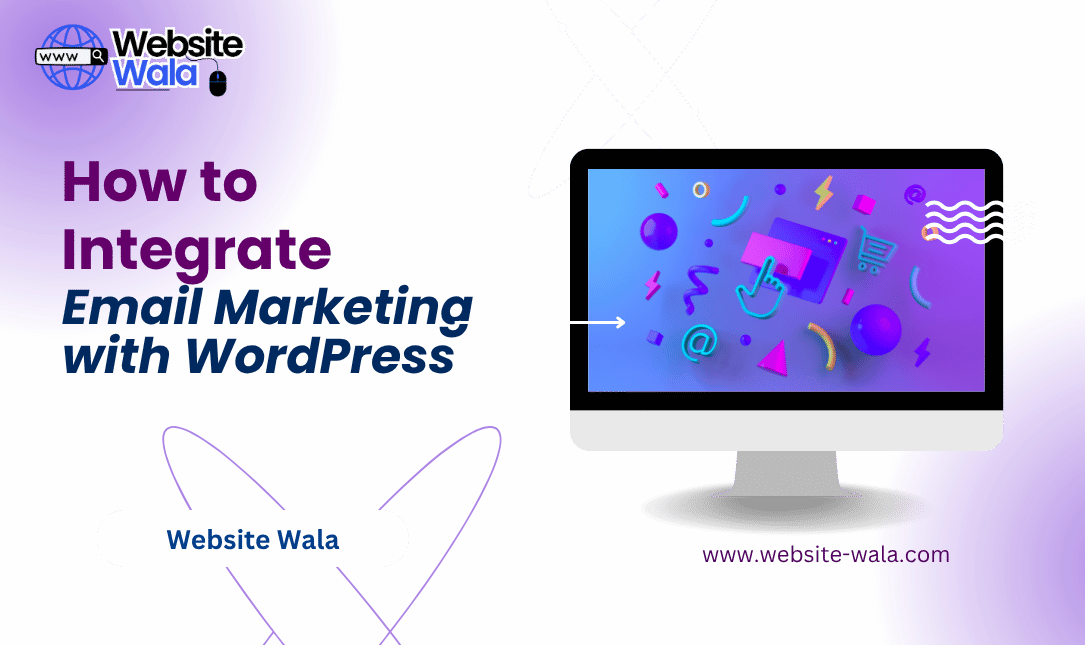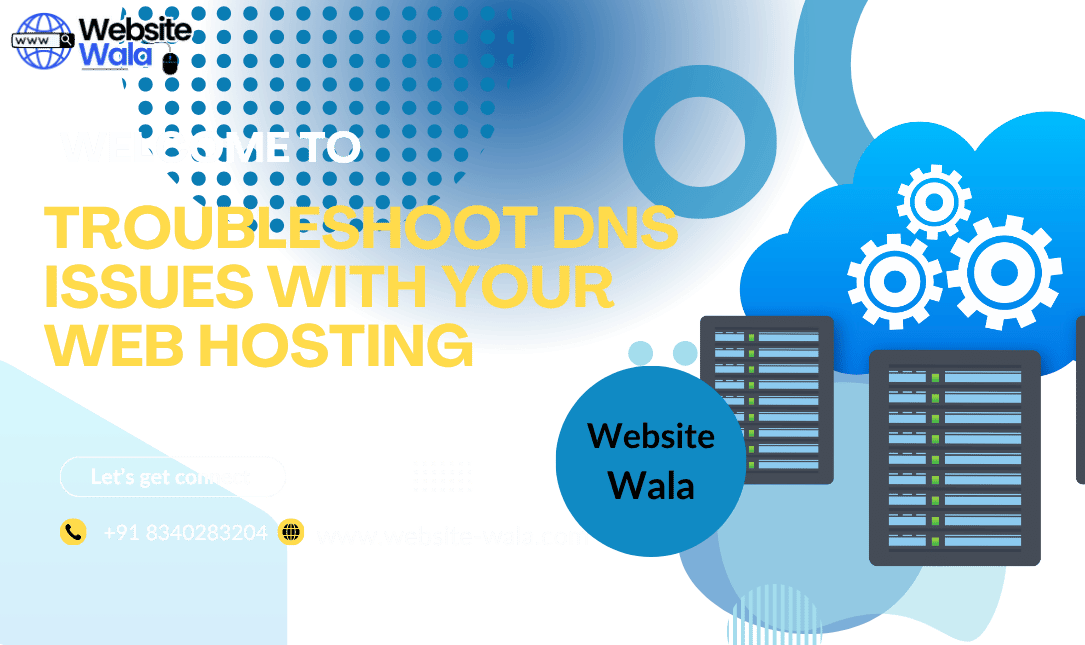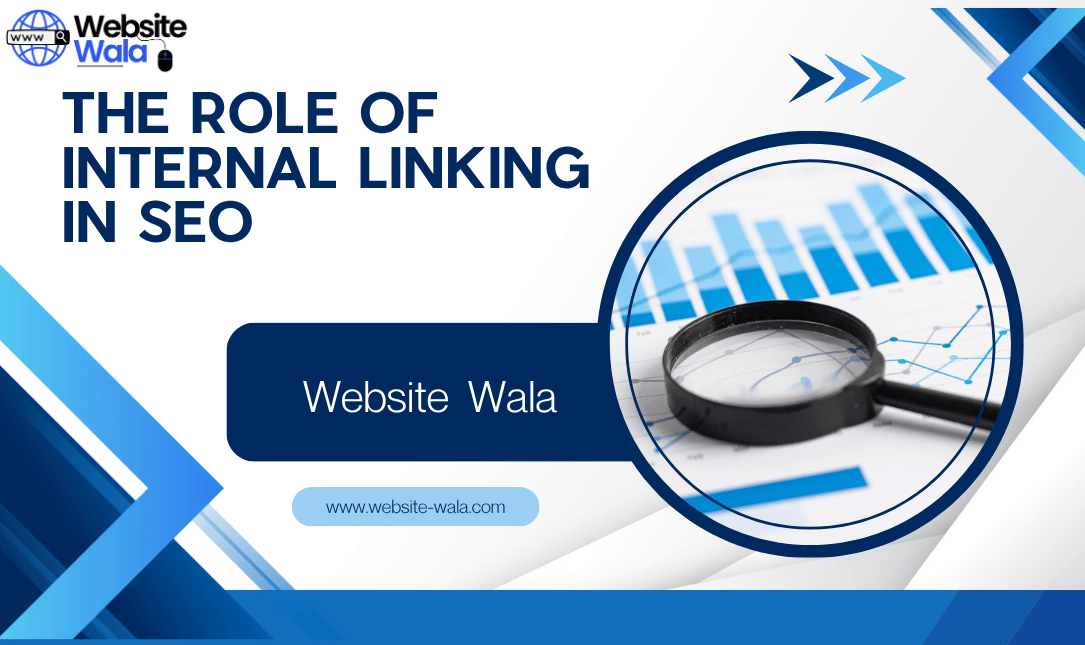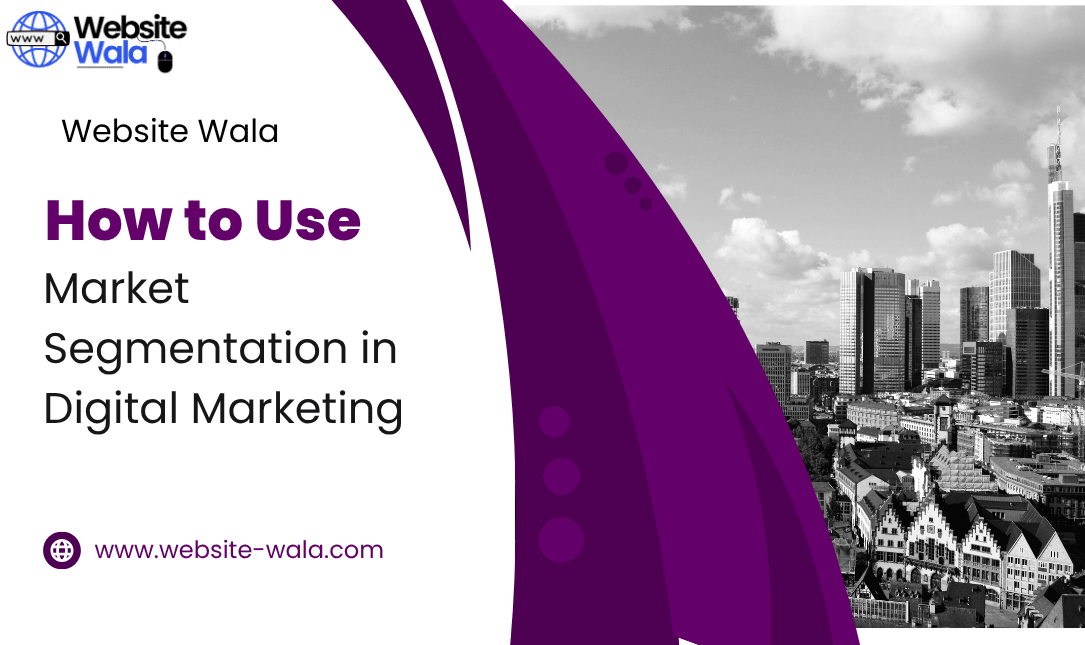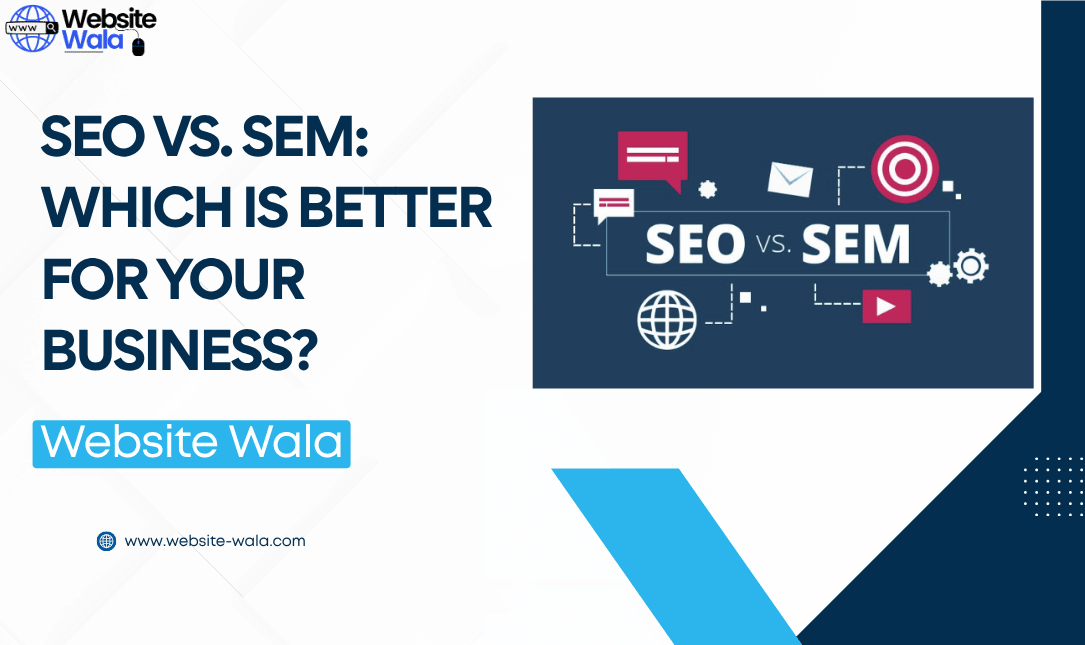
Discover the key differences in SEO vs. SEM: Which is Better for Your Business? Learn how each boosts online visibility and drives traffic.
Introduction: Understanding SEO vs. SEM: Which is Better for Your Business?
In today’s fast-paced digital world, every business wants to be seen. The question “SEO vs. SEM: Which is Better for Your Business?” has become one of the most common debates among marketers and entrepreneurs. Both search engine optimization (SEO) and search engine marketing (SEM) are essential digital marketing strategies designed to improve visibility, drive website traffic, and generate leads. But which one should your business focus on?
To answer this, we’ll explore what SEO and SEM are, how they work, their advantages, and when to use each. By the end, you’ll clearly understand SEO vs. SEM: Which is Better for Your Business?
What is SEO?
SEO (Search Engine Optimization) is the process of optimizing your website to rank higher in organic search results. It’s all about earning traffic naturally without paying for clicks. SEO focuses on improving your site’s quality, authority, and relevance in the eyes of search engines like Google or Bing.
SEO involves several elements, including:
-
On-page optimization: Improving content, meta tags, and internal linking.
-
Off-page optimization: Building backlinks and increasing authority.
-
Technical SEO: Enhancing site speed, mobile-friendliness, and crawlability.
When done right, search engine optimization helps you improve visibility over time, attract a loyal audience, and build credibility. However, it’s a long-term investment that requires patience and consistent effort.
What is SEM?
SEM (Search Engine Marketing), on the other hand, refers to paid strategies that promote your website through paid search advertising. The most common form of SEM is Pay-Per-Click (PPC) campaigns, such as Google Ads or Bing Ads. With SEM, businesses bid on keywords and pay when users click on their ads.
SEM allows you to appear instantly at the top of search results, making it a powerful tool for businesses looking for quick visibility. While SEO focuses on organic growth, search engine marketing gives you immediate exposure and control over your ad placements.
SEO vs. SEM: Which is Better for Your Business? The Core Difference
The main difference between SEO and SEM lies in their approach to visibility and cost. SEO earns traffic organically through optimized content and backlinks, while SEM buys visibility through paid advertising.
In the context of SEO vs. SEM: Which is Better for Your Business?, the answer often depends on your goals, timeline, and budget.
-
SEO = Long-term, sustainable results.
-
SEM = Short-term, instant visibility.
Let’s dive deeper into their benefits to determine which approach suits your business best.
Benefits of SEO
-
Cost-Effective in the Long Run:
Once your website ranks organically, you don’t pay for each visitor. Over time, SEO offers an impressive ROI compared to ongoing ad spend in SEM. -
Builds Trust and Credibility:
Users tend to trust organic search results more than paid ones. Ranking high naturally positions your brand as an authority. -
Long-Term Results:
SEO results take time but last longer. Unlike ads that stop when the budget ends, SEO keeps delivering consistent website traffic. -
Improved User Experience:
SEO isn’t just about keywords; it enhances site performance, navigation, and content quality, which helps retain visitors.
By focusing on search engine optimization, businesses can improve visibility organically and establish sustainable online growth.
Benefits of SEM
-
Instant Results:
SEM campaigns can make your website appear on top of paid search results within hours of launch. -
Precise Targeting:
You can target specific audiences based on demographics, interests, and location, ensuring your ads reach the right people. -
Full Control Over Budget:
With search engine marketing, you set your ad spend and bid on keywords that match your goals and affordability. -
Data and Analytics:
SEM provides detailed performance data—clicks, conversions, impressions—allowing you to optimize campaigns for better ROI.
For businesses that need immediate exposure or have time-sensitive offers, SEM can be a powerful digital marketing strategy.
SEO vs SEM: When to Use Each
Choosing between SEO vs SEM depends on your business’s stage, resources, and objectives.
-
Startups or New Businesses:
Use SEM to gain quick visibility and attract leads while gradually building your SEO foundation. -
Established Brands:
Focus on SEO for sustainable growth and to strengthen authority in your niche. -
Short-Term Campaigns:
SEM is ideal for limited-time promotions, product launches, or events requiring fast results. -
Long-Term Goals:
SEO helps you build lasting brand presence and reduce dependency on paid ads.
Ultimately, SEO vs. SEM: Which is Better for Your Business? comes down to blending both for maximum impact.
Combining SEO and SEM for Best Results
Instead of treating SEO and SEM as competitors, consider them complementary digital marketing strategies. Here’s how you can use both effectively:
-
Use SEM for Testing Keywords:
Paid campaigns can help you identify high-converting keywords that can later guide your SEO content strategy. -
Leverage SEO for Long-Term Authority:
Once your SEO content ranks, you can reduce ad spend and rely more on organic search traffic. -
Enhance Brand Visibility:
Having both organic and paid listings on search results doubles your online visibility and builds brand recognition. -
Balance Budget and Growth:
Combine SEM’s quick wins with SEO’s long-term value for sustainable success.
This hybrid strategy ensures your business captures both immediate leads and lasting growth.
Measuring Success: SEO vs. SEM Metrics
Whether you choose SEO or SEM, tracking performance is crucial. Here are some key metrics to monitor:
-
For SEO:
Organic traffic, keyword rankings, domain authority, and conversion rates. -
For SEM:
Click-through rate (CTR), cost per click (CPC), quality score, and return on ad spend (ROAS).
Analyzing these data points helps you understand which strategy delivers better results and aligns with your business goals.
Common Mistakes to Avoid in SEO vs. SEM
-
Neglecting Mobile Optimization:
Both SEO and SEM require mobile-friendly websites to improve user experience and ranking. -
Ignoring Analytics:
Failing to track performance can lead to wasted budgets and missed opportunities. -
Keyword Stuffing:
Overusing keywords in your content or ads can harm readability and lower quality scores. -
Inconsistent Strategy:
Switching between SEO and SEM without a clear plan can confuse your audience and dilute your brand message.
Avoiding these pitfalls ensures that your search engine optimization and search engine marketing efforts yield maximum results.
Conclusion: SEO vs. SEM — Which is Better for Your Business?
So, SEO vs. SEM: Which is Better for Your Business? The answer isn’t one-size-fits-all. SEO builds a strong, sustainable foundation through organic search, while SEM drives immediate paid search visibility. The best approach often combines both — using SEO for long-term authority and SEM for quick wins.
If your goal is steady growth, brand trust, and cost efficiency, SEO is your best bet. But if you’re looking for instant traffic, lead generation, and measurable ROI, SEM delivers faster results.
Ultimately, the smartest digital marketing strategy is to balance SEO and SEM to improve visibility, enhance website traffic, and achieve your business goals effectively.



















